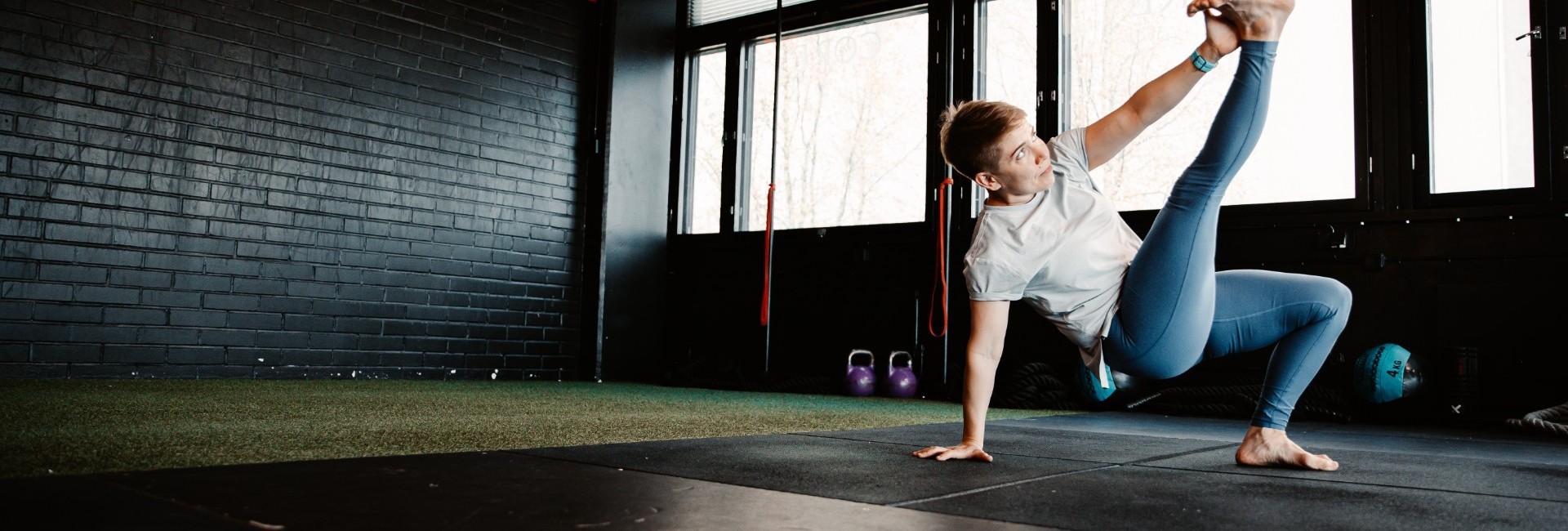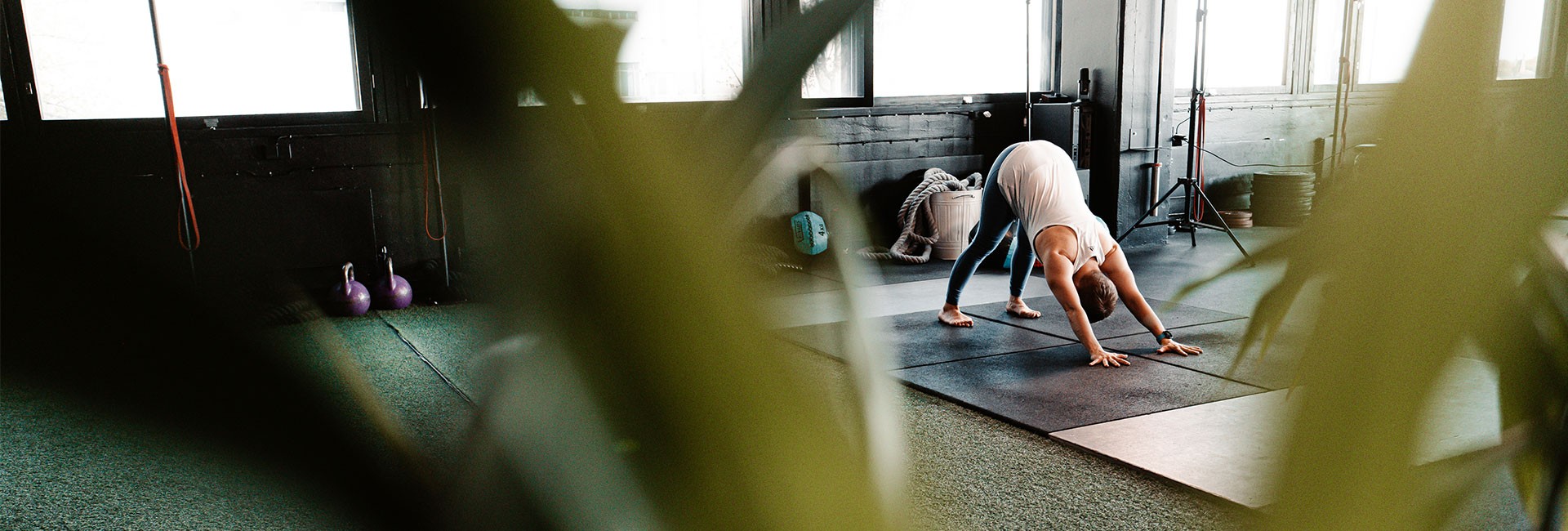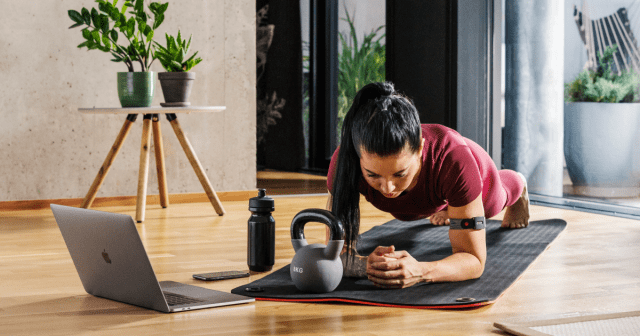Looking for new workout ideas that you can try anywhere, anytime? Maybe something wild?
With this functional animal moves workout you can let your primal instinct out with bodyweight movements that imitate how different creatures get around. They’re fun and adaptable – you can adjust the intensity of the workout by changing pace, amount of reps etc.
These functional animal moves exercises promote a full range of motion that activates both upper- and lower-body muscles and improves mobility. If you’re a parent, you can even integrate these movements into playtime with the kids and make up new ones together as you go along.
You can do this routine just about anywhere (if you don’t mind curious gazes) — in the park, on the patio or backyard, in your living room, you name it – without any equipment, in your own time and pace so… What’s your excuse not to?
Go on, go a little wild: tap into your primal nature and start moving like an animal!
Try one (or all) of these functional animal moves exercises or do the full follow-along workout to get some functional movement and most importantly, to have fun while moving!
(Scroll down for the full workout video.)
1. Panther
HOW TO?
Start the panther move in a knee crawl position but keeping your knees off the ground.
Move your opposite arm and leg simultaneously while flexing the core. Aim to keep your back as straight and still as possible, focusing on working your core and legs.
2. Stork
How To?
In the stork move, start by pulling your knee close to your body first, then push your pelvis forward as you extend your leg and step forward.
Lean forward as you extend the knee and come back up.
Repeat on the other side.
3. Scorpion
HOW TO?
For the scorpion, lift your leg up with a bent knee and twist slightly to the side while pushing both hands against the floor (really push the floor).
Bring your leg back down and extend the whole leg. Then lift your leg back up, twist to the side and bring it back next to the other leg.
Repeat on the other side.
4. Spider
How to?
Start the spider move in a sitting position with your legs extended in front of you.
Lift your hips up with your weight divided evenly on both hands and feet and then lift the opposite leg and arm up and extend. Switch arms and legs.
Try moving first forward and then backward.
5. Frog
How to:
Get ready for the frog jump in a squat position (as deep as you can with your heels on the ground).
Use your legs and core to jump off the ground, reaching up with your arms. Return to deep squat, touching the floor with your hands.
Then , get ready to go again.
6. Crab
HOW TO:
The crab move is travelling sideways so start in a deep squat position (heels on the ground) with one side facing the direction you’re headed to.
If your left side is leading, put your right hand on the ground first with your left hand following right after. Jump with your right leg ‘kicking’ the left leg up while your right leg lands first.
Return to squat and lift your hands off the floor before repeating.
Focus On Fun – Just Follow Along!
But, wait, why would you try these if you don’t happen to be, you know, a panther or a frog?
Firstly, this bodyweight workout is convenient (not tied to a specific location or time) and, thus, perfect for exercisers who appreciate an adaptable routine that can be done wherever and whenever without any equipment. No excuses, right?
Secondly, this workout is fun – and as the British Medical Journal explains, if you enjoy your workout routine, you’re more likely to stick to it. Maybe these functional animal moves are exactly the kind of fun you’ve been looking for (or something you didn’t know you needed) – just click play and follow along to find out if this primal-style movement is for you.
- Repeat each move for 30 seconds.
- Do one to three rounds.
- Rest for 30-60 seconds between rounds.
So, it’s time: forget about blood and tears – just focus on working up a sweat and having fun. Just move – like an animal. ? ?
If you liked this post, don’t forget to share so that others can find it, too.
Or give it a thumbs up!
I like this article
Please note that the information provided in the Polar Blog articles cannot replace individual advice from health professionals. Please consult your physician before starting a new fitness program.






